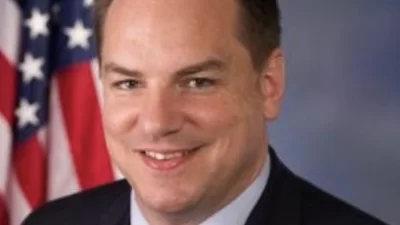Finance Committee Chairman Max Baucus commented late today on President Bush’s discussion of health tax measures in relation to the renewal of the Children’s Health Insurance Program (CHIP), which provides health coverage to more than six million low-income American children today. Baucus is working with his Republican and Democratic colleagues on the Finance Committee to achieve a robust renewal of CHIP that will maintain coverage for all children in the program, and reach more uninsured, low-income American children eligible for this health coverage.
From Chairman Baucus:
“In the last ten years, CHIP has provided health coverage to millions upon millions of lowincome American children who might otherwise have gone without basic health care. Congress has a solemn responsibility to renew the CHIP program and to find ways for more children to benefit from this proven success. Replacing this effort with controversial health care tax proposals would not be a responsible path to take. CHIP is already setting a new example for health care policy, combining the best of public and private solutions. CHIP is publicly funded, and must meet minimum Federal standards, but four out of five states have some private market component for their program. Congress must keep its eye on the ball, and build on this triumph of cooperation and collaboration in health policy."
The following additional background information should be noted as well.
According to the Congressional Research Service, ninety-one percent of CHIP-covered children live in families with incomes below 200 percent of poverty. Nearly seventy percent of CHIPcovered kids live in families with incomes less than 150 percent of the poverty level.
In its May 10 report on the effect of CHIP coverage on private insurance participation, the Congressional Budget Office said that a primary driver for parents who choose CHIP coverage instead of employer-sponsored coverage is their inability to afford the premiums for the family coverage or even individual coverage being offered. CHIP was created precisely for families whose incomes are too high to qualify for Medicaid, but not high enough to enable the purchase of private health coverage.
Source: Ranking Member’s News









